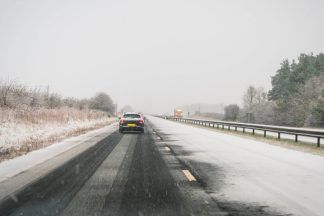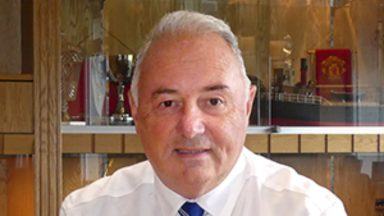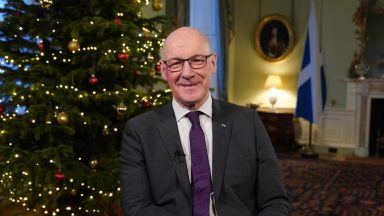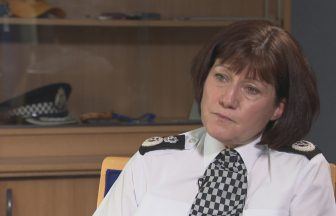Lawyers are set for an almost “unanimous” boycott of a pilot scheme for juryless rape trials in Scotland.
Criminal defence solicitors have condemned plans for trials to be conducted by a single judge as part of landmark reforms to the country’s justice system.
After members of the bar associations of Glasgow and Edinburgh voted overwhelmingly against the proposals in the Victims, Witnesses and Justice Reform (Scotland) Bill, those in Aberdeen also decided to reject the plans.
Solicitors in Aberdeen, Airdrie, Dumfries, Dundee, Edinburgh, Falkirk, Glasgow, Highland and Moray, and Paisley have voted to boycott the pilot with other bar associations canvassing members to join the block.
The Scottish Solicitors Bar Association said it shared the concerns of local associations.
The plans have proven controversial, with Aberdeen Bar Association vice president Ian Woodward-Nutt accusing the Scottish Government of attempting to “engineer” higher conviction rates.
In the most recent figures, conviction rates for rape and attempted rape were 51%, compared with 91% for all other crimes.
Among the voices against the changes was former senior judge Lord Uist, who described the plans as “constitutionally repugnant”, accusing ministers of “treating the courts as forensic laboratories in which to experiment with their policies”.
The plans were recommended by another senior judge, Lady Dorrian, who undertook a review of the justice system which informed the legislation before Holyrood.
The Victims, Witnesses and Justice Reform (Scotland) Bill published on Wednesday unveiled changes set to sweep Scottish courtrooms, including scrapping the not proven verdict, changing the size of criminal juries from 15 to 12 and creating a new specialist sexual offences court.
The single-judge trial pilot stemmed from concerns that juries may not base their deliberations on an objective view of evidence and may be influenced by “rape myths” and misconceptions around consent.
The Bill recommends trials that meet specified criteria are, for a set period, conducted without a jury and cases will be decided at a judicial level.
Mr Woodward-Nutt said: “It is essential to understand that in many rape cases it is hard for the prosecution to prove a case beyond reasonable doubt.
“That is not due to some deficiency in the system that requires to be rectified, rather it is the inevitable consequence of the background circumstances in cases of this type.
“For the government to consider it appropriate to attempt to engineer higher conviction rates and for them to try to do so by removing the essential safeguard of trial before a jury is deeply troubling.
“That is why defence lawyers in Aberdeen and the north-east of Scotland have declared they will not accept instructions in cases proceeding by way of this experimental scheme.”
Justice secretary Angela Constance claimed low conviction rates for rape and attempted rape were hampered by the “prevalence of preconceptions”.
Responding to the near unanimous boycott, she said: “It is disappointing that some criminal defence lawyers oppose a recommendation of a review carried out by Lady Dorrian, Scotland’s second most senior judge, to improve how the justice system treats rape victims by piloting judge-only rape trials.
“There is overwhelming evidence that jurors are subject to preconceptions about rape that can impact the verdicts they reach – which is not the case in other serious crime trials.
“Over 80% of criminal trials in Scotland are already conducted without a jury.
“We have worked closely with the legal sector and will continue to do so during the development and evaluation of the pilot.”
The juryless rape trials pilot is among several sweeping changes to the justice system, including the scrapping of Scotland’s not proven verdict.
READ MORE: Not proven: Why has verdict been scrapped and is it a good idea?
Follow STV News on WhatsApp
Scan the QR code on your mobile device for all the latest news from around the country


























